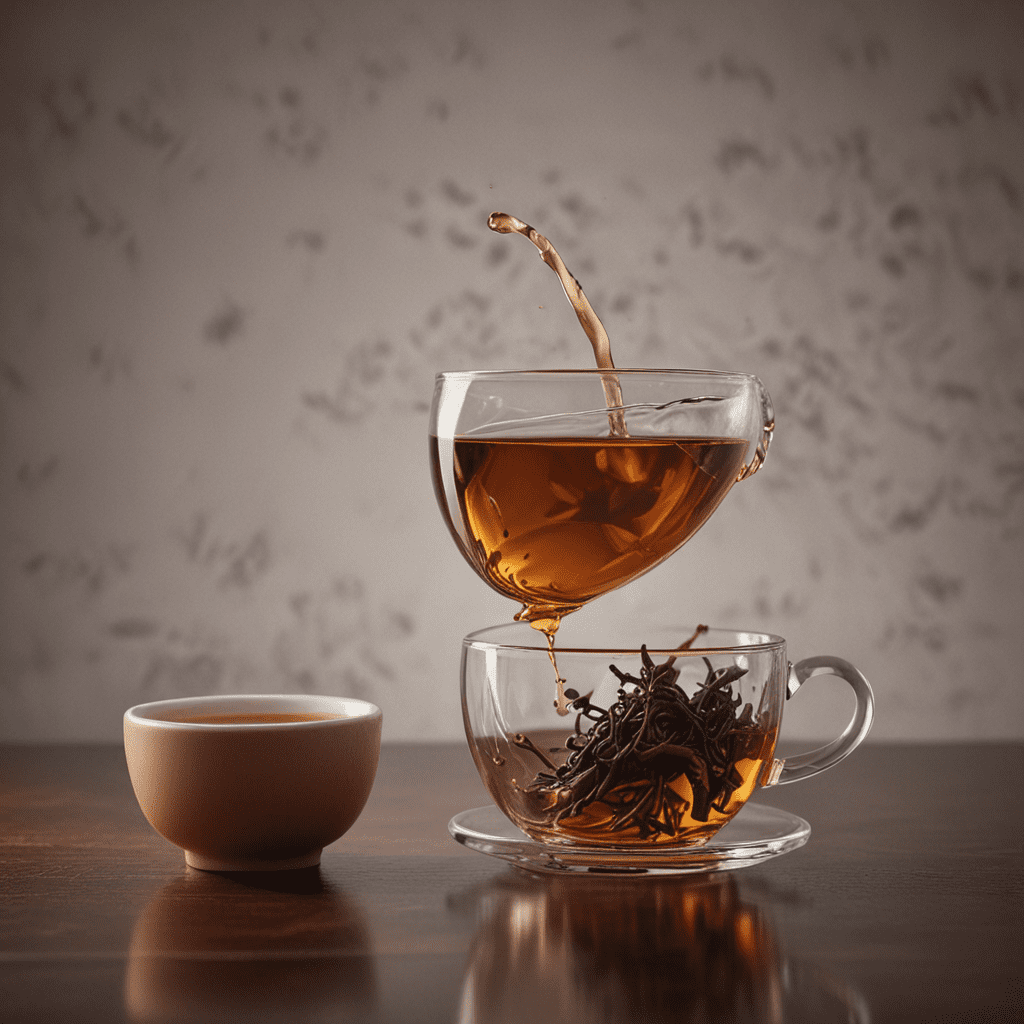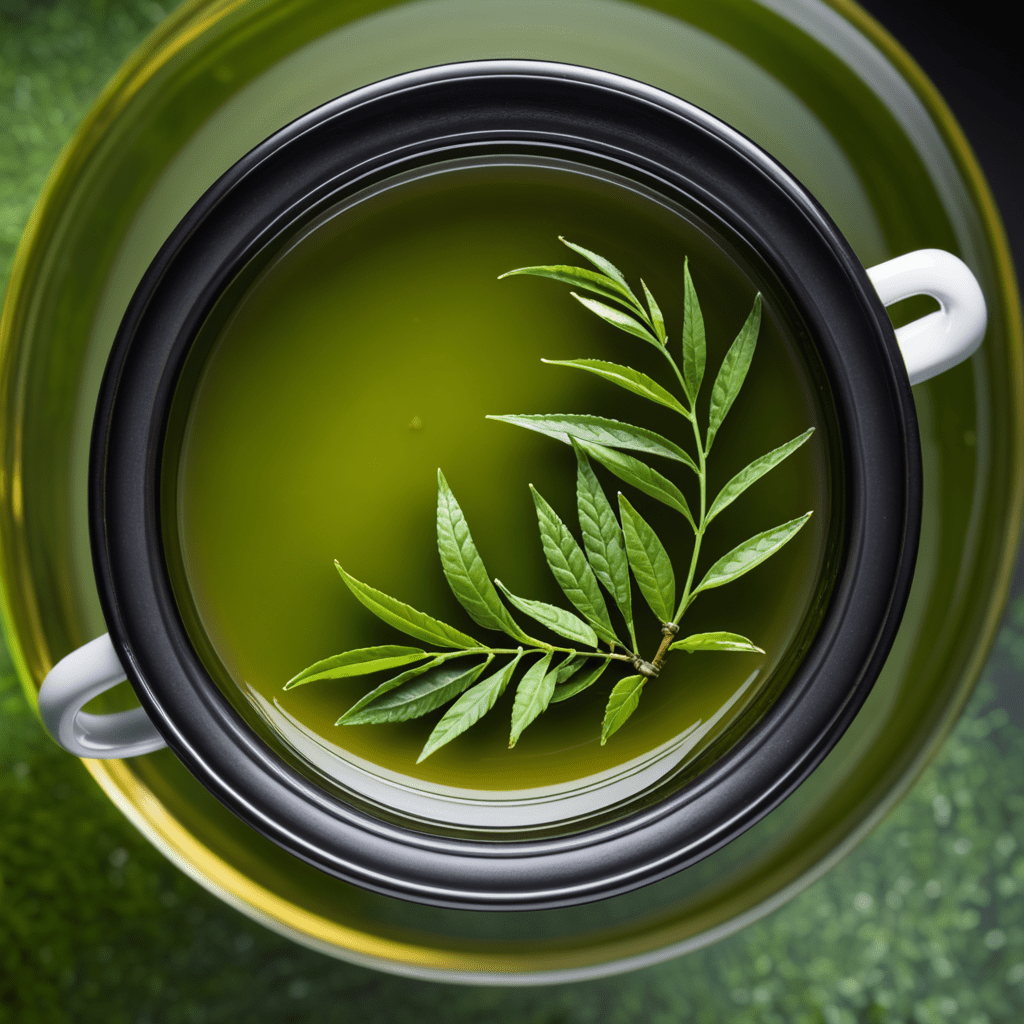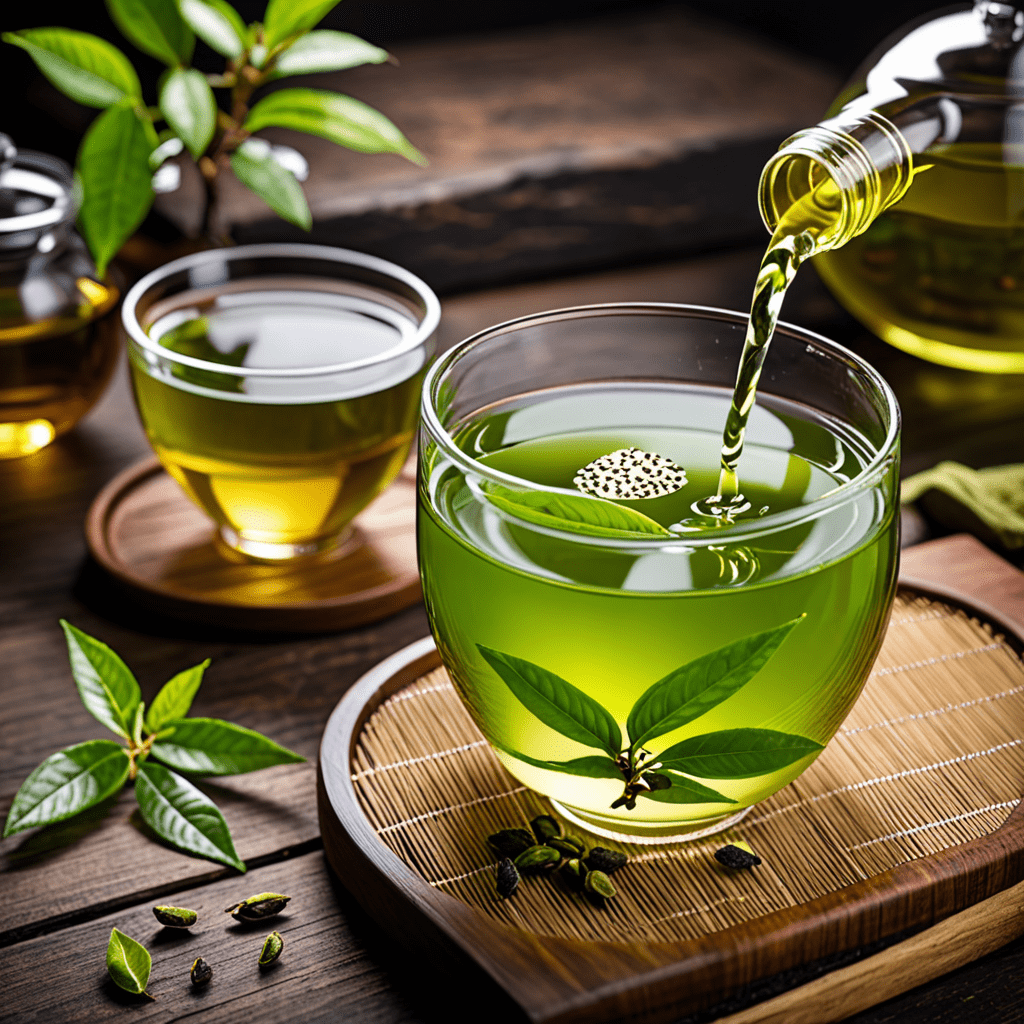Introduction: The Essence of Tea
Tea, an aromatic beverage crafted from the leaves of the Camellia sinensis plant, has entwined itself deeply into the fabric of Chinese culture for centuries. Beyond its thirst-quenching properties, tea has emerged as a symbol of wisdom, tranquility, and a profound connection to nature. The Chinese reverence for tea extends beyond its taste; it is an integral part of their cultural heritage, infused with philosophical and spiritual significance.
The Ancient Roots: Tea in Chinese Culture
The origins of tea in China date back to the legendary Shennong, the mythical emperor known as the "Father of Chinese Medicine." According to legend, Shennong accidentally discovered tea's medicinal properties when a leaf from a nearby tree fell into his boiling water. From this serendipitous encounter, tea's reputation as a healing elixir began to spread throughout China. By the Han dynasty (206 BCE – 220 CE), tea had become a staple beverage, enjoyed by both the elite and common folk alike.
Zen Buddhism and Tea: A Path to Enlightenment
The arrival of Zen Buddhism in China during the Tang dynasty (618 – 907 CE) further elevated tea's status. Zen masters recognized the meditative qualities of tea drinking, seeing it as a means to cultivate mindfulness and inner peace. Tea ceremonies became an integral part of Zen practice, providing a space for contemplation, introspection, and the pursuit of enlightenment.
Confucianism and Tea: Harmony and Respect
Confucianism, with its emphasis on social harmony and respect for tradition, also embraced tea. Confucian scholars believed that tea embodies the virtues of courtesy, humility, and reverence for the past. Tea drinking became a ritualized social practice, where etiquette and protocol played a crucial role in maintaining harmony and fostering good relationships.
Taoism and Tea: Flowing with Nature
The philosophical tenets of Taoism, which prioritize following the natural order and living in harmony with the universe, found resonance in tea. Taoists viewed tea as a symbol of the constant flow of life, representing the cyclical nature of existence and the importance of accepting change. Tea drinking became a way to connect with the rhythms of nature and cultivate a sense of inner balance.
The Ritual and Ceremony of Tea
Tea drinking in China is not merely a matter of consuming a beverage; it is an elaborate ritual steeped in tradition and symbolism. The tea ceremony, known as Gong Fu Cha, is a highly refined practice that involves meticulous preparation, precise movements, and an appreciation for the beauty and tranquility of the moment.
The Role of Tea in Chinese Art
Tea has profoundly influenced Chinese art, inspiring countless works of calligraphy, painting, and poetry. In literati paintings, tea is often depicted as a symbol of scholarly pursuits and refined tastes. Teacups, teapots, and other tea-related objects have become popular motifs in Chinese ceramics, known for their exquisite craftsmanship and elegant design.
Tea as a Symbol of Harmony and Tranquility
Throughout Chinese history, tea has been associated with peace, harmony, and tranquility. In traditional Chinese gardens, teahouses are often placed in secluded spots, surrounded by lush greenery and the gentle sounds of nature. Tea drinking in such serene settings offers a respite from the hustle and bustle of daily life, allowing for contemplation and the appreciation of the present moment.
Tea and the Pursuit of Wisdom
In Chinese philosophy, tea is seen as a catalyst for intellectual and spiritual growth. Tea drinking has been linked to improved concentration, enhanced creativity, and a heightened sense of awareness. Many scholars and artists have sought solace and inspiration in tea, using it as a means to cultivate a deeper understanding of the world and their place within it.
Conclusion: The Enduring Legacy of Tea and Philosophy
Tea's journey in China is a testament to its enduring significance. From its humble origins as a medicinal drink to its elevation as a symbol of wisdom and refinement, tea has woven itself into the very fabric of Chinese culture. Today, tea continues to be a source of inspiration, tranquility, and philosophical contemplation, ensuring its legacy as a cherished tradition for generations to come.
Frequently Asked Questions
1. What are the health benefits of tea?
Tea is rich in antioxidants, which have been linked to a variety of health benefits, including reduced risk of heart disease, cancer, and cognitive decline.
2. How is tea prepared in the Gong Fu Cha ceremony?
The Gong Fu Cha ceremony involves using high-quality tea leaves, carefully heated water, and precise pouring techniques to create a harmonious and flavorful brew.
3. What is the significance of tea in Chinese art?
Tea has been a popular subject in Chinese art for centuries, symbolizing refinement, scholarship, and the pursuit of harmony and tranquility.
4. How can tea promote wisdom and contemplation?
Tea drinking has been associated with improved concentration, enhanced creativity, and a heightened sense of awareness, making it a valuable tool for intellectual and spiritual growth.
5. What is the role of tea in Chinese social life?
Tea drinking plays an important role in Chinese social life, fostering harmony, respect, and a sense of community.


